Jefferson Outreach Program - Department of Psychiatry

Overview
Jefferson Outreach Program - Department of Psychiatry is a substance abuse treatment center for people seeking treatment near Philadelphia County. As part of their treatment modalities for recovery, Jefferson Outreach Program - Department of Psychiatry provides cognitive behavioral therapy, telemedicine/telehealth therapy, and substance use disorder counseling during treatment. Jefferson Outreach Program - Department of Psychiatry is located in Philadelphia, Pennsylvania, accepting cash or self-payment for treatment.
Jefferson Outreach Program - Department of Psychiatry at a Glance
Payment Options
- Cash or self-payment
- Medicaid
- Sliding fee scale (fee is based on income and other factors)
Assessments
- Screening for tobacco use
- Comprehensive mental health assessment
- Comprehensive substance use assessment
- Interim services for clients
- Outreach to persons in the community
Age Groups
- Young adults
- Adults
Ancillary Services
- Case management service
- Suicide prevention services
- Mental health services
- Social skills development
Highlights About Jefferson Outreach Program - Department of Psychiatry
7.20/10
With an overall rating of 7.20/10, this facility has following balanced range of services. Alcohol Rehabilitation: 8.00/10, Drug Rehab and Detox: 7.23/10, Insurance and Payments: 6.00/10, Treatment Options: 7.58/10.-
Alcohol Rehabilitation 8.00
-
Treatment Options 7.58
-
Drug Rehab and Detox 7.23
-
Insurance and Payments 6.00
Accreditations
State department of health:

Government agencies issue State Licenses, which grant rehabilitation organizations permission to conduct their operations lawfully within specific geographic regions. Licenses needed to operate are typically determined by the type of rehabilitation program offered by the facility and its physical location.
Treatment At Jefferson Outreach Program - Department of Psychiatry
Treatment Conditions
- Alcoholism
- Substance use treatment
Care Levels
- Outpatient
- Outpatient methadone/buprenorphine or naltrexone treatment
- Regular outpatient treatment
- Aftercare
Treatment Modalities
- Cognitive behavioral therapy
- Telemedicine/telehealth therapy
- Substance use disorder counseling
- Trauma-related counseling
- Smoking/vaping/tobacco cessation counseling
Ancillary Services
Languages
- Sign language services for the deaf and hard of hearing
Additional Services
- Pharmacotherapies administered during treatment
- Housing services
- Drug or alcohol urine screening
Special Programs
- Clients with co-occurring mental and substance use disorders
- Clients who have experienced trauma
Get Help Now
Common Questions About Jefferson Outreach Program - Department of Psychiatry
Contact Information
Other Facilities in Philadelphia
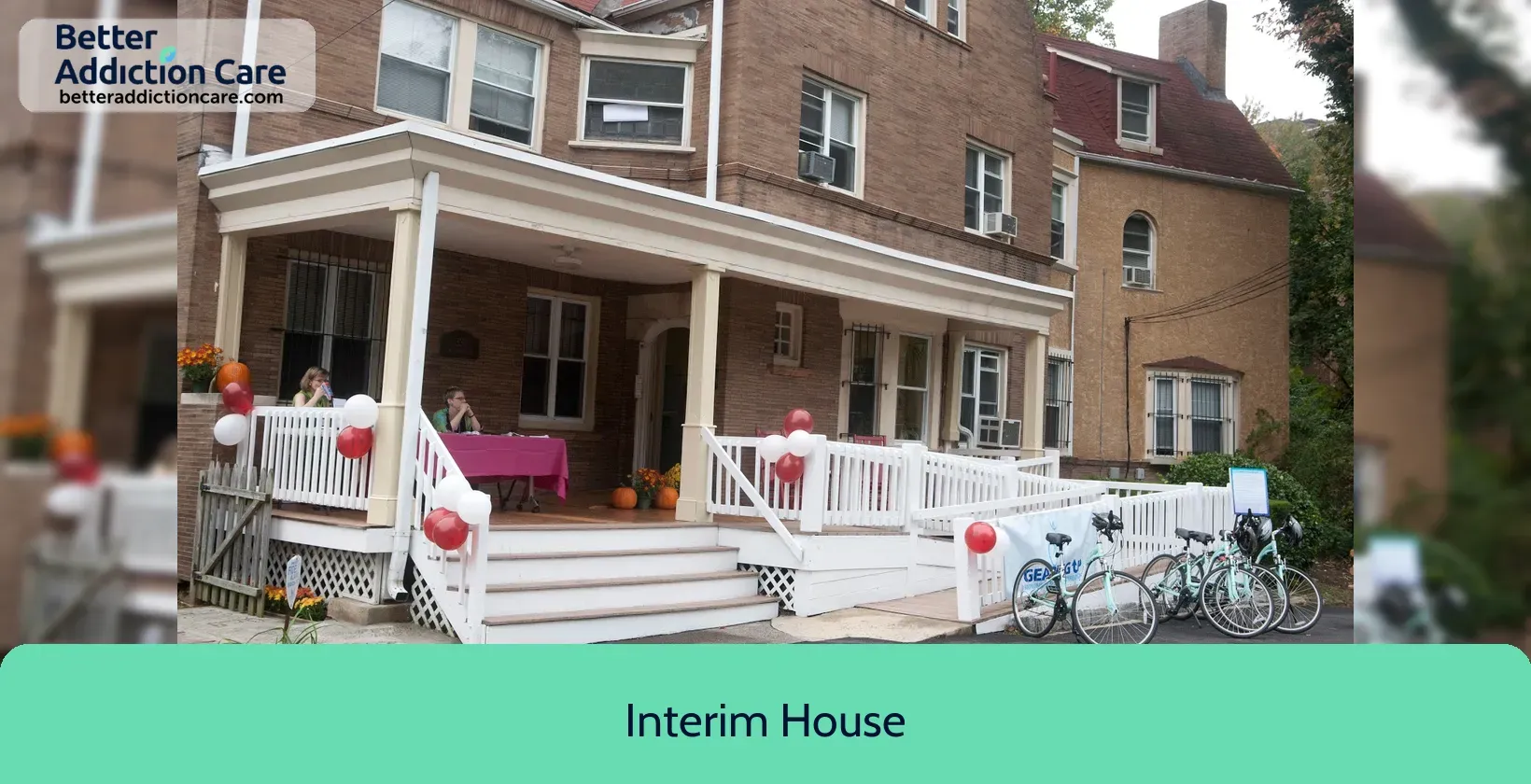
7.19
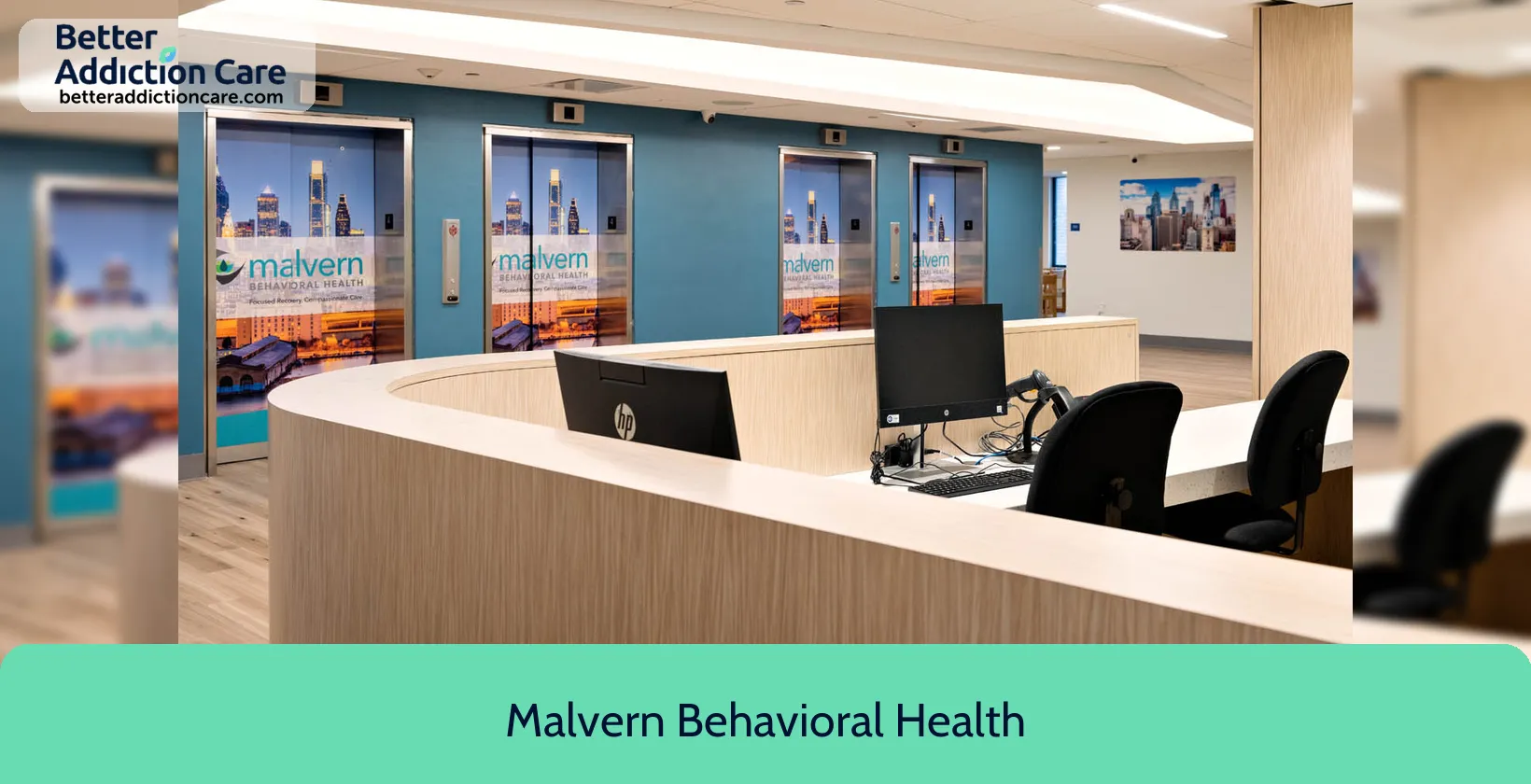
7.43
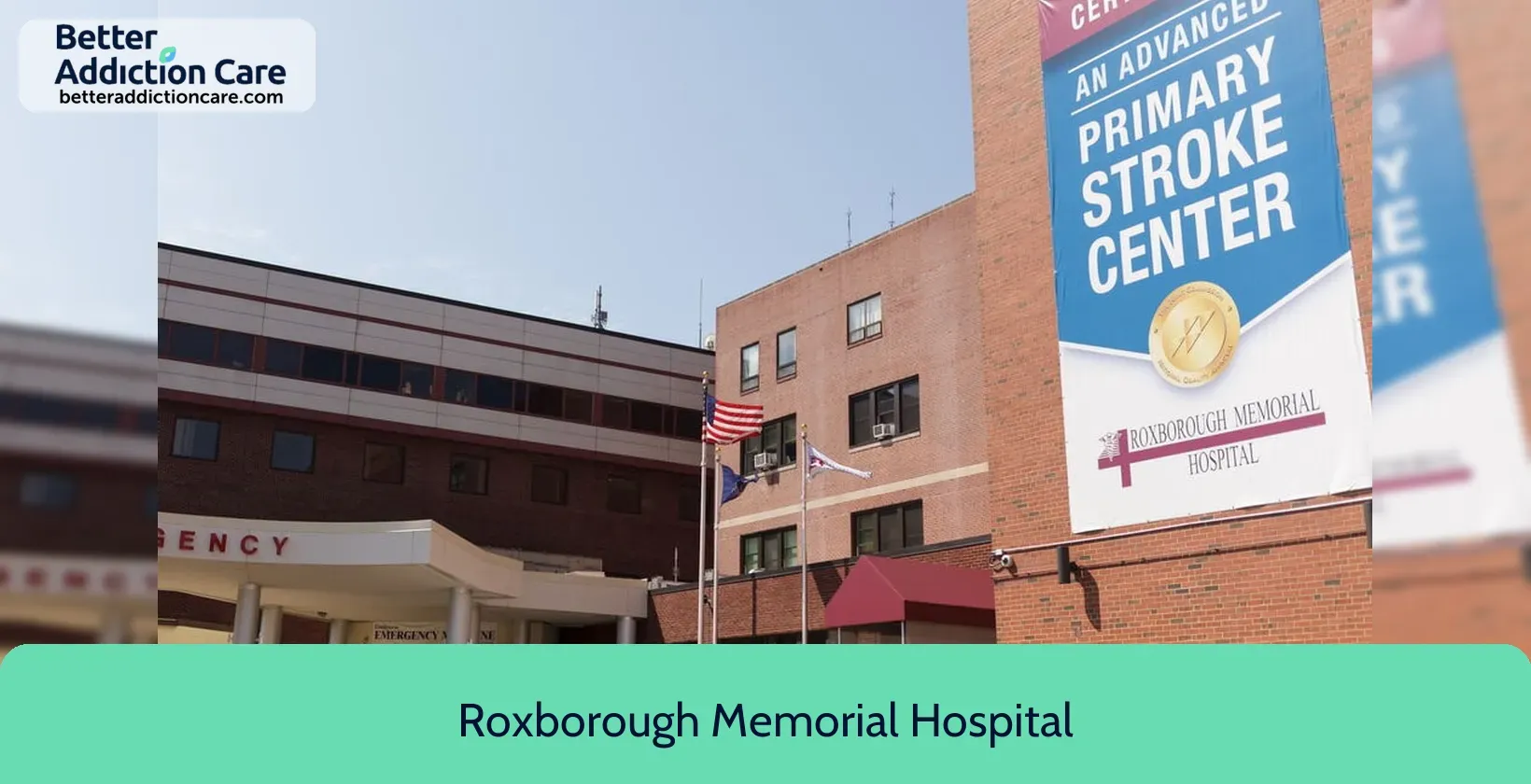
6.68
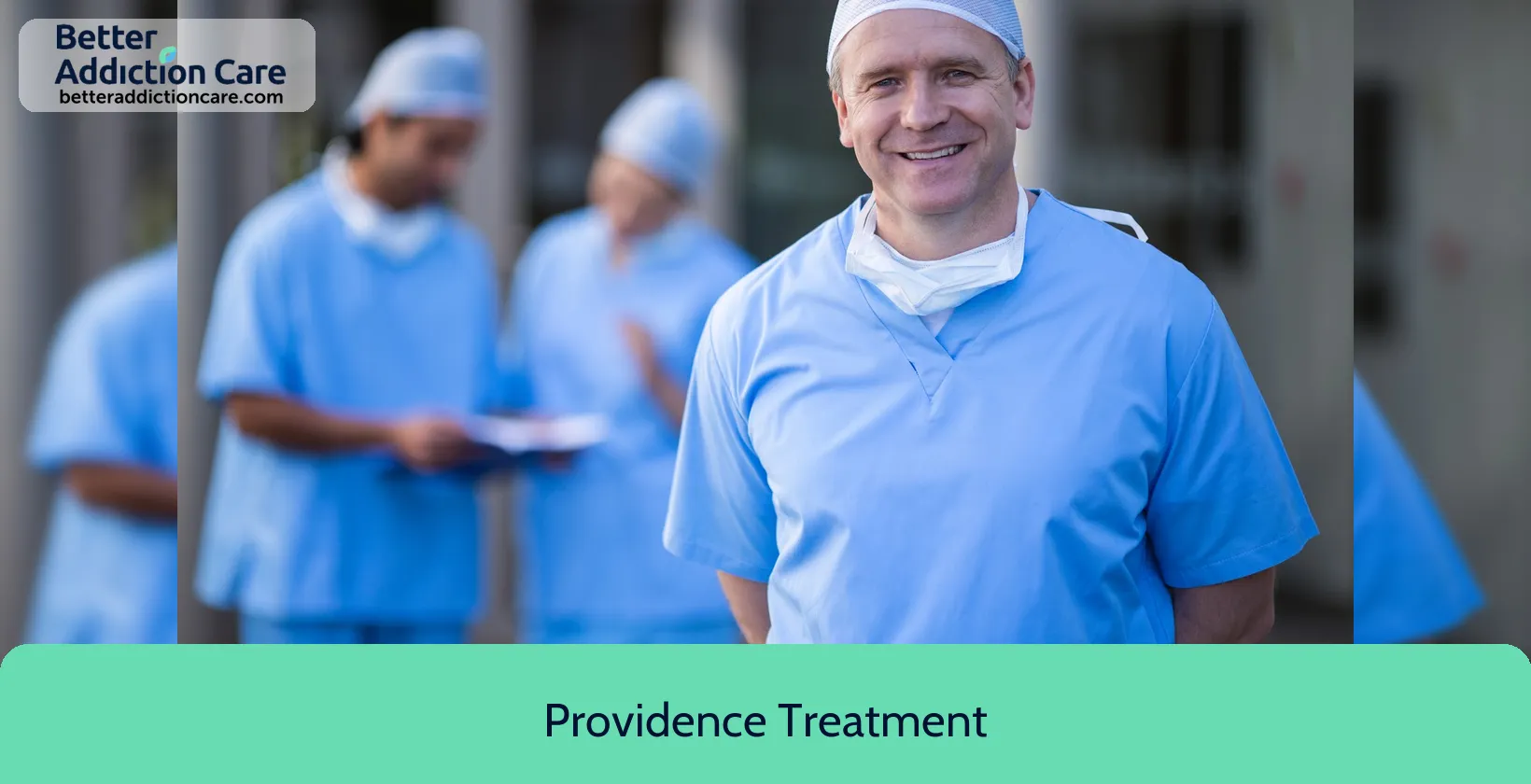
6.89
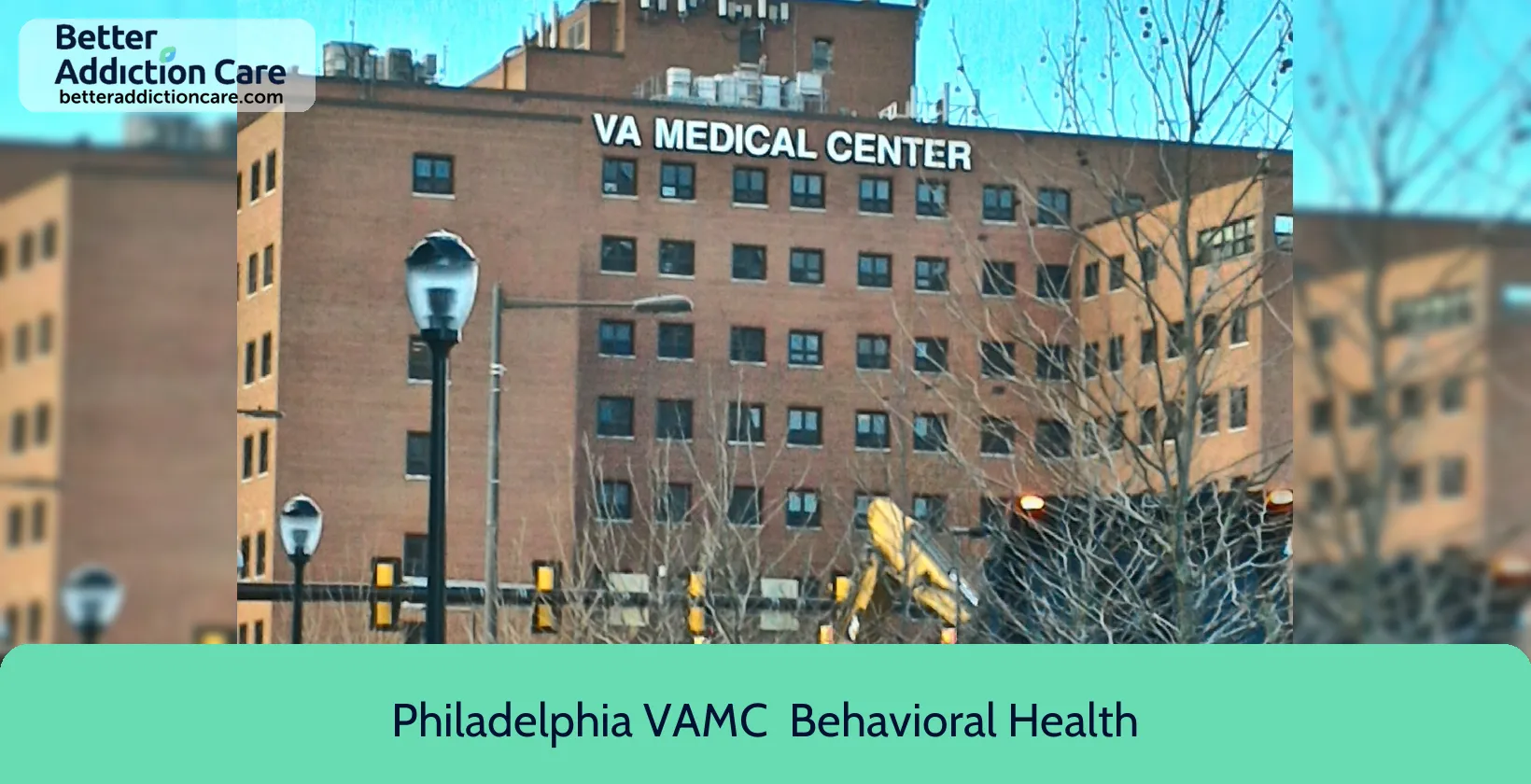
6.80
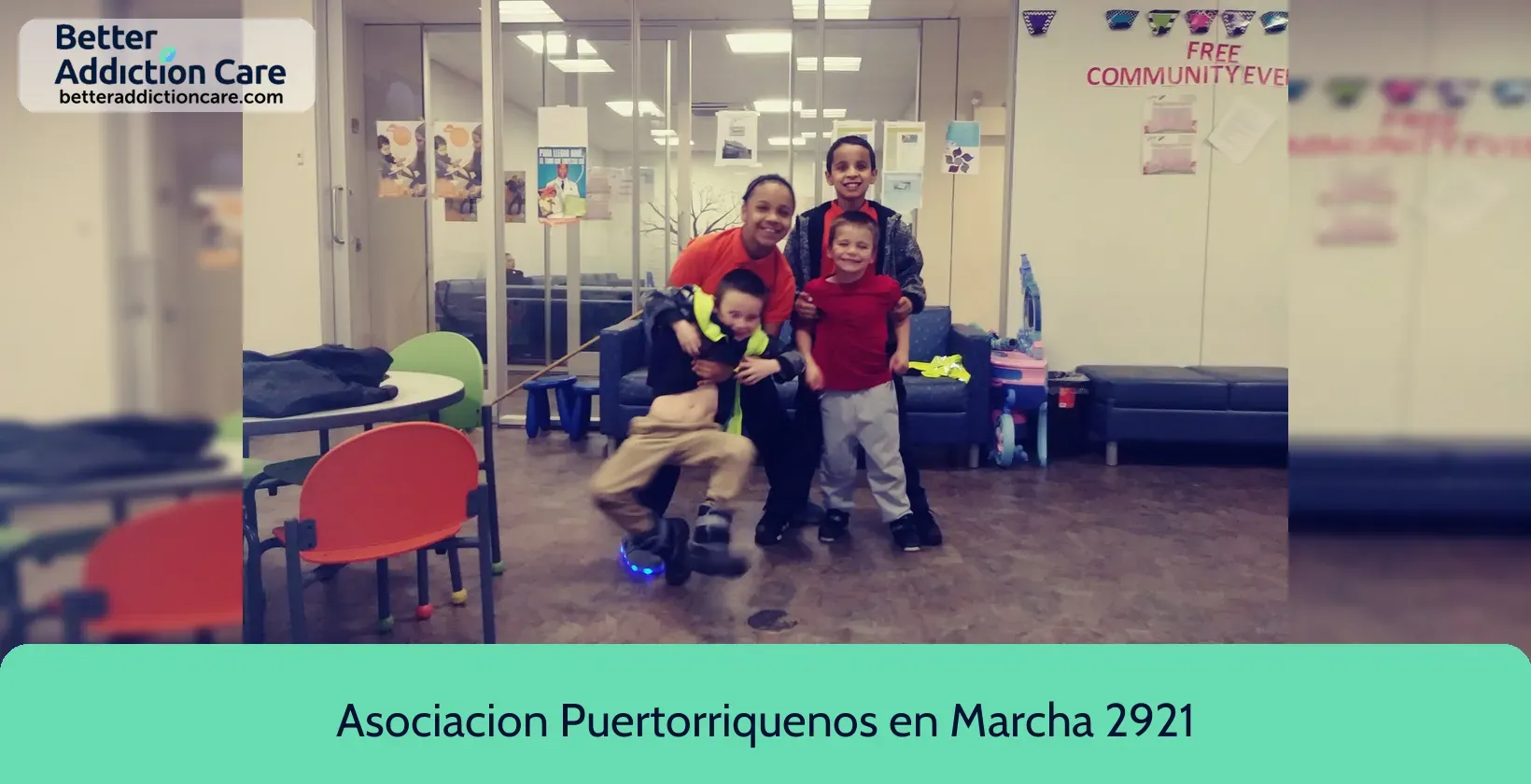
7.63

6.68
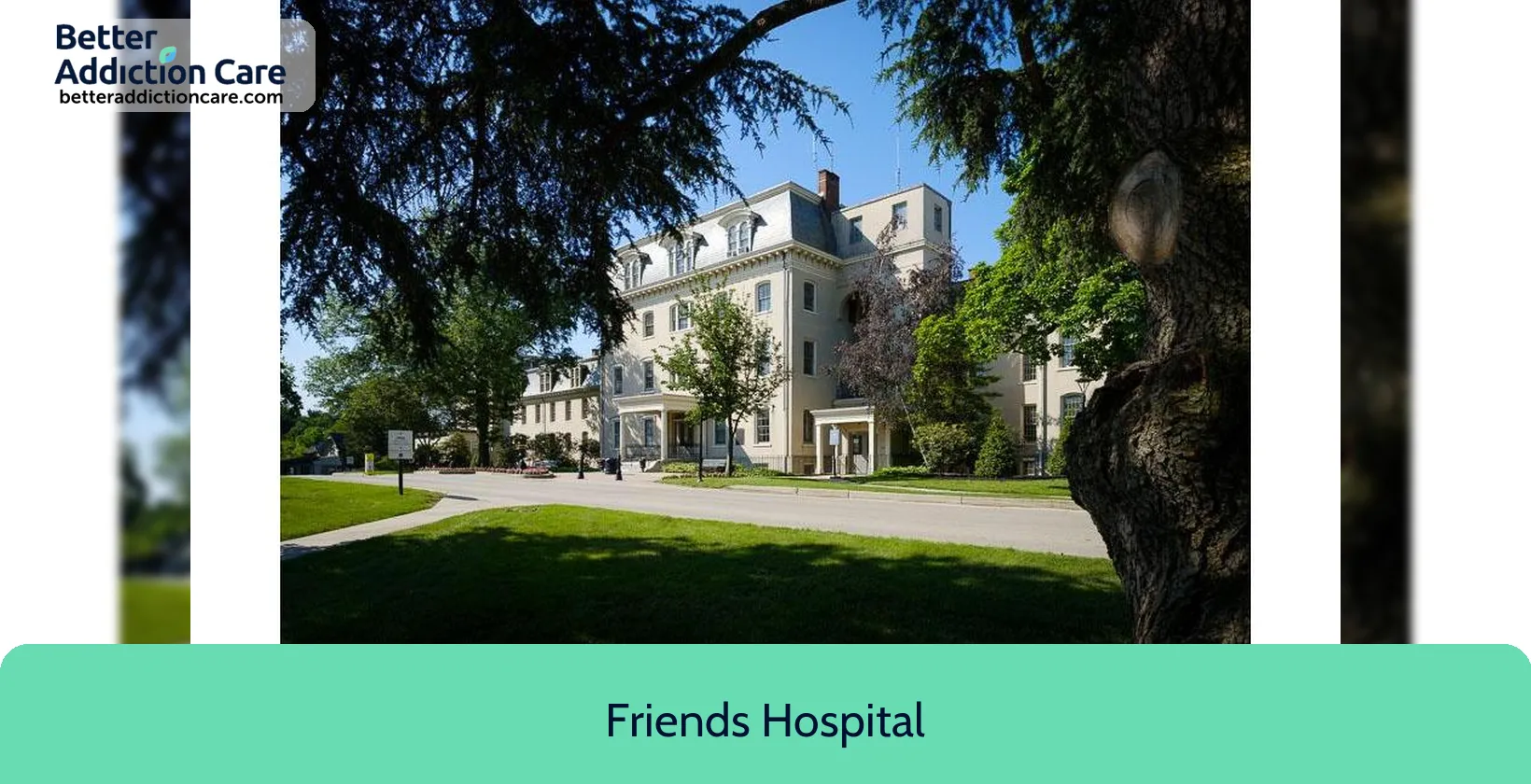
6.65
DISCLAIMER: The facility name, logo and brand are the property and registered trademarks of Friends Hospital, and are being used for identification and informational purposes only. Use of these names, logos and brands shall not imply endorsement. BetterAddictionCare.com is not affiliated with or sponsored by Friends Hospital.
